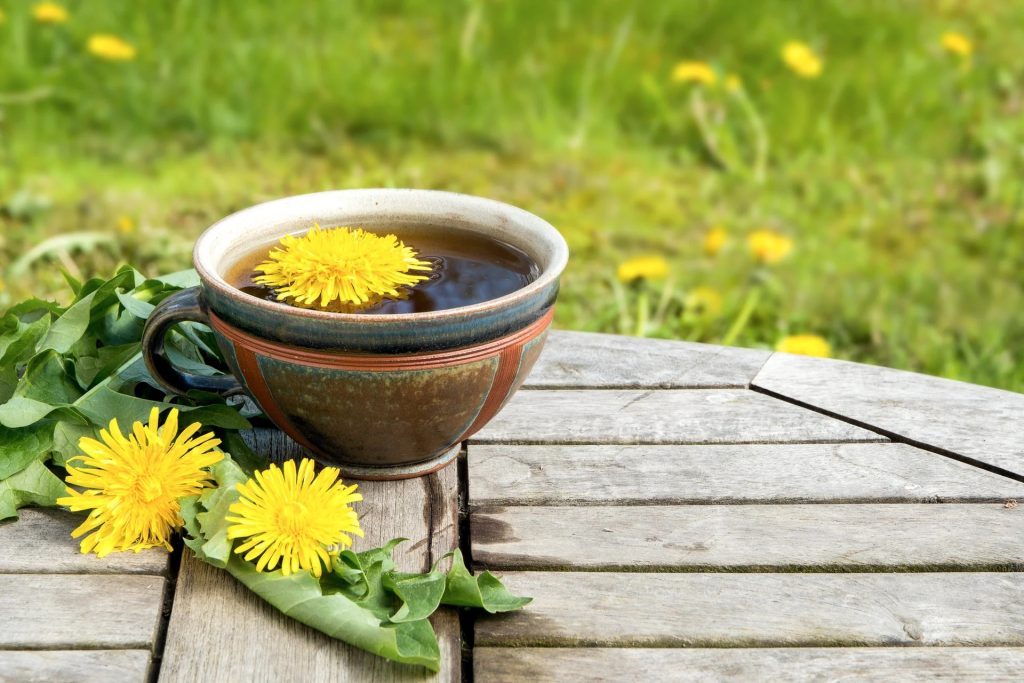
Many of us remember how our grandmothers would brew dandelion syrup or tea, insisting it was good for the body. While they may not have known the full science behind it, they were onto something powerful — especially when it comes to the roots of the humble dandelion.
Often dismissed as a simple weed, the dandelion is typically pulled out or ignored. But hidden beneath the soil is a root that researchers now believe could have significant medicinal potential — particularly for cancer patients.
Why Scientists Are Paying Attention to Dandelion Root

Unlike traditional cancer treatments like chemotherapy, which attack both healthy and cancerous cells, dandelion root extract appears to target only the cancerous ones. That’s what early research has suggested, and the findings are stirring interest worldwide.
Beyond its potential cancer-fighting effects, dandelion root is rich in nutrients. It supports liver and kidney health, aids in digestion, boosts bile production, and helps lower cholesterol. It’s a natural diuretic and packed with vitamins and minerals like vitamin C, B6, potassium, calcium, magnesium, and even over 500% of your daily vitamin K.
The Canadian Study That Sparked Global Curiosity
A team at the University of Windsor in Canada, led by biochemist Siyaram Pandey, began investigating dandelion root after oncologist Dr. Caroline Hamm noticed that some of her patients drinking dandelion tea were showing signs of improvement.
What they discovered was remarkable: when applying dandelion root extract to leukemia cells in the lab, those cancer cells began to self-destruct — a process called apoptosis. Even more astonishing, healthy cells remained untouched.
Their preliminary work was so promising that the research received additional funding — over \$200,000 — to continue the investigation.
Real-Life Stories of Hope

One of the most widely shared stories is that of John DiCarlo, a 72-year-old man who had undergone aggressive cancer treatment for years. Doctors eventually told him to go home — they believed nothing more could be done.
As a last effort, John began drinking dandelion root tea. Four months later, he returned to the hospital — in remission. His cancer had begun to retreat. Today, he remains cancer-free, and both he and his doctors credit the dandelion root for playing a major role in his recovery.
Another inspiring case is George Cairns, a farmer from the U.S., who battled severe prostate cancer. George used dandelion root powder daily for three years. Within days of starting his herbal treatment, his pain began to ease. Now in his 80s, George is healthy and cancer-free.
His method was simple: he dried and crushed the dandelion roots by hand and drank a cup of the infusion each day — always mixed with water or natural juice, never soft drinks or hot beverages. He also insisted on keeping a little bit of soil on the roots, believing the natural bacteria in it added extra benefit.
The Bigger Picture: Nature’s Quiet Remedies

These personal stories remind us of one important truth: nature often holds overlooked healing potential. While not a replacement for medical advice or treatment, natural remedies like dandelion root may complement a healthy lifestyle and support recovery — especially when conventional options run out.
Whether it’s for its vitamin-rich profile or its promising early results in cancer research, dandelion root is more than a weed. It may very well be one of nature’s quiet miracles — growing freely around us, just waiting to be rediscovered.